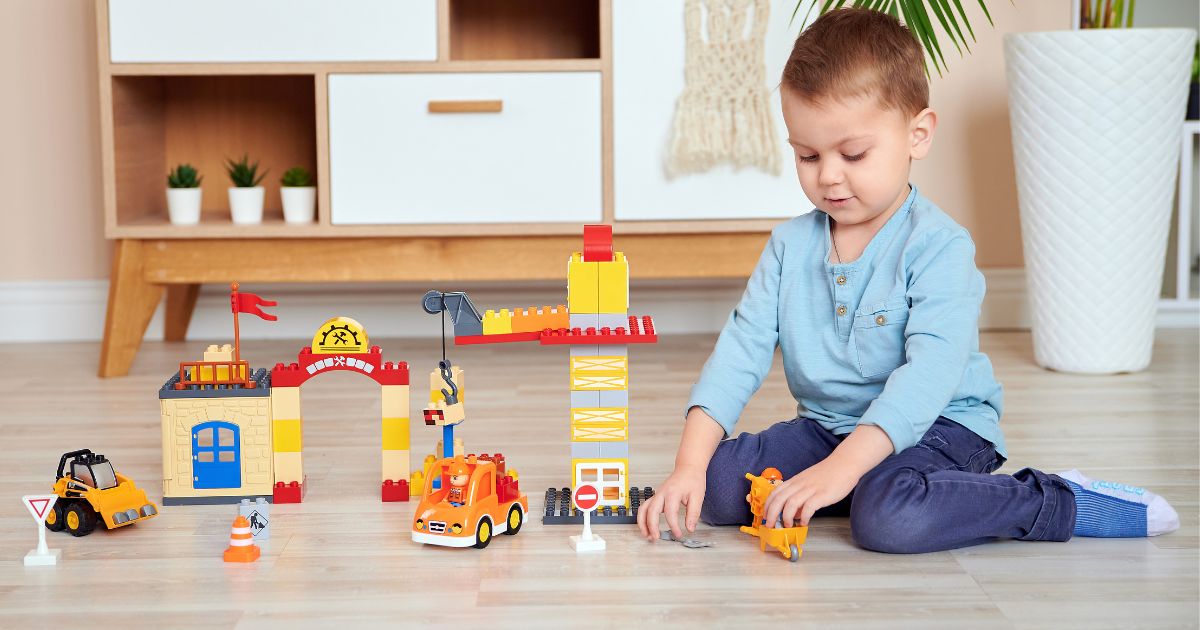
“Education is not something which a teacher does, but that it is a natural process which develops spontaneously in the human being. It is not acquired by listening to words but in virtue of experiences in which the child acts on his environment.”M. Montessori, pg 3 The Absorbent Mind.
Recently, I spoke with a parent who wondered why teachers aren’t encouraging parents to have a three-hour work cycle at home since schools emphasize it.
That’s a great question!
What about the three-hour work cycle?
Montessori describes the three-hour work cycle in Spontaneous Activity in Education. She observed that children in a prepared environment, uninterrupted by the adult, would concentrate for some time, followed by a period of false fatigue then return to focusing on more work. This work cycle lasted about 2.5-3 hours.
Is it reasonable to expect this from children at home?
In short, no.
In a Montessori classroom, children are limited to the works available in an environment set up by an adult. Teachers, Montessori knew, tended to insert themselves in the business of the child, often to “make them learn some predetermined thing.” While the teacher’s intentions were good, the result was to impose the priorities of the adult onto the child. In doing so, teachers substitute their will for the child’s ability to choose work.
Her emphasis on the importance of those nearly three hours of the work cycle was that we respect the child’s decisions (as long as they aren’t disruptive, dangerous, or disrespectful)!
If we choose work or lessons for a child for three hours every day, we work in opposition to Montessori’s goal!
In our houses, children have opportunities to participate in or direct their efforts and concentration. The activities of daily living, including play, grace and courtesy, games, and activities involving numeracy and literacy last for well over three hours!
- When children construct with building blocks, they are learning about:
- engineering,
- geometry,
- spatial reasoning,
- numeracy,
- creativity,
- scientific reasoning,
- and more.
- Those are great lessons!
- When children make a snack, they practice:
- the skills of grace and courtesy,
- measurement, estimation, and
- sequencing, to name a few!
- Those are great lessons!
- When children play alone or together, they learn about:
- negotiation,
- creativity,
- story-telling,
- independence,
- and problem-solving, to name a few of its many benefits!
The learning happening in constructing, eating, and play are all different from what happens in the traditional Montessori classroom, but only in the materials.
Yes, but what about those materials! They are so important, right?
Right, but those materials are not more important than:
-
- the processes of decision making,
- independence,
- the freedom to choose,
- and the freedom to concentrate without interruption.
We would never value the materials over the child’s freedoms listed above.
Teachers are sending home lots of great ideas and ways for children to explore and “learn” while they are not at school. If you need or want approaches to augment what is happening, great!
But you should not feel pressure to fill three hours of time every morning because teachers value the three-hour work cycle at school. The three-hour work cycle is there to protect the child’s freedom to work independently and to keep adults from over-directing the child’s learning.
We do not need to schedule learning at home. Learning is happening all the time!
Here are some links to explain more about what lessons children get at home:
https://www.naeyc.org/resources/pubs/yc/mar2015/ten-things-children-learn-block-play
https://www.gse.harvard.edu/news/uk/18/06/summertime-playtime
https://nortonchildrens.com/news/seven-skills-kids-learn-cooking/
https://www.cdc.gov/nutrition/infantandtoddlernutrition/mealtime/mealtime-routines-and-tips.html
Jana is the Director of Montessori Education at Endeavor Schools and Director of Training at MITEE. She has served in many capacities in public and private Montessori schools, from being a teacher to a school director. Jana is a teacher trainer, writer, international speaker, and parent educator. Jana has specializations in dyslexia, Positive Discipline, and Montessori for Dementia Care. She also teaches university literature courses.
